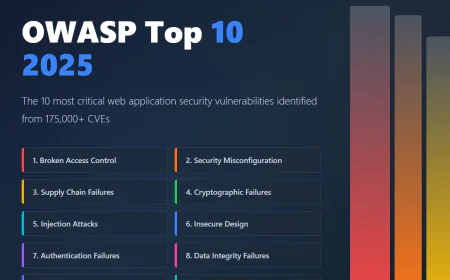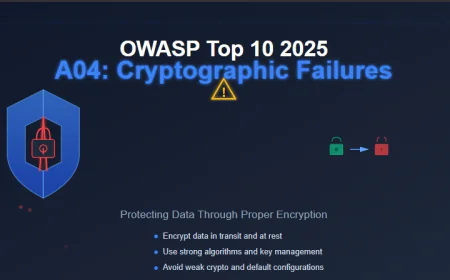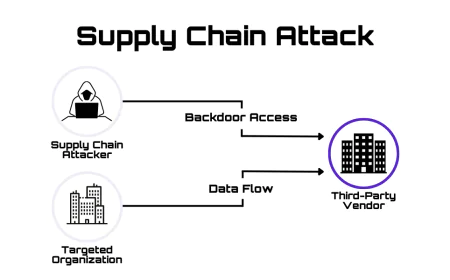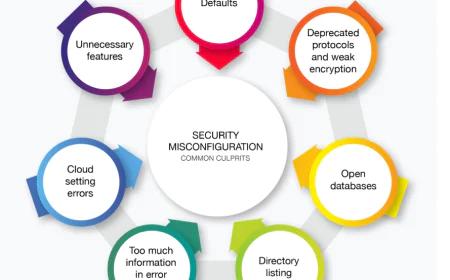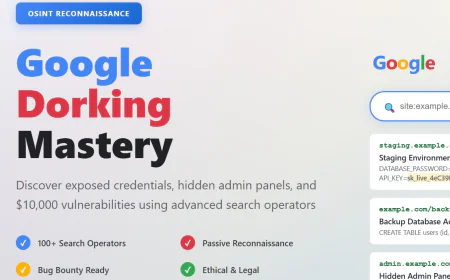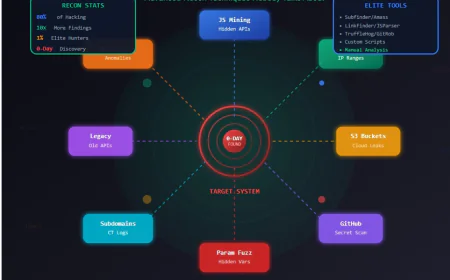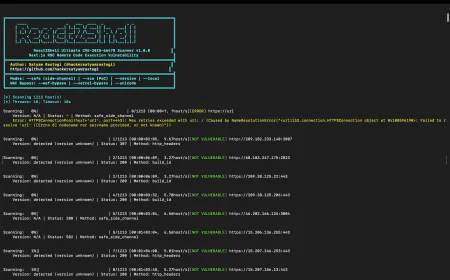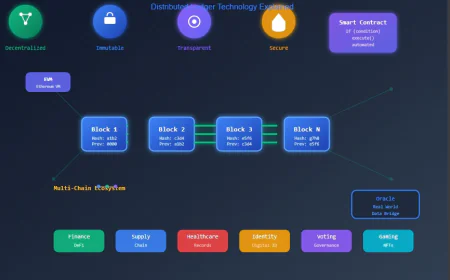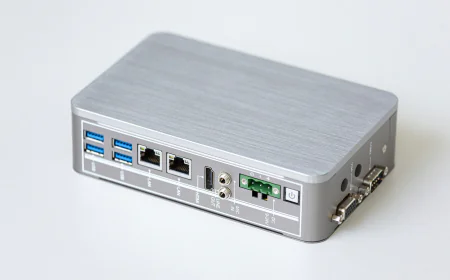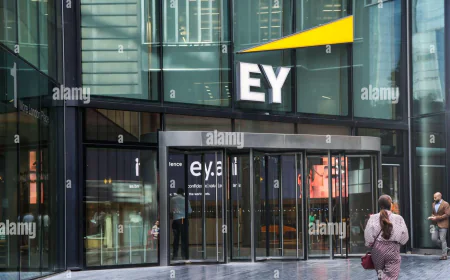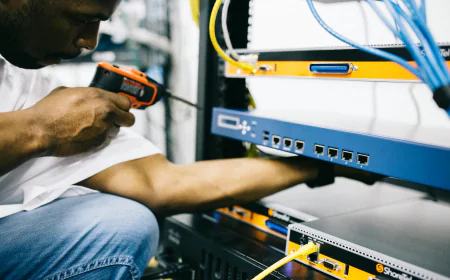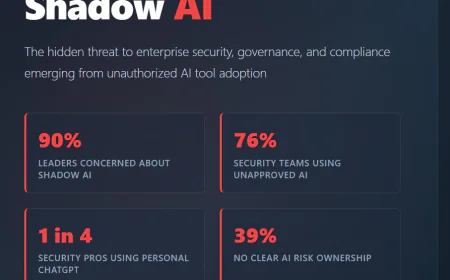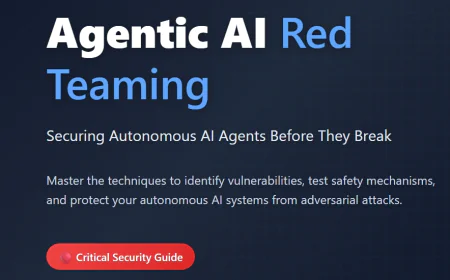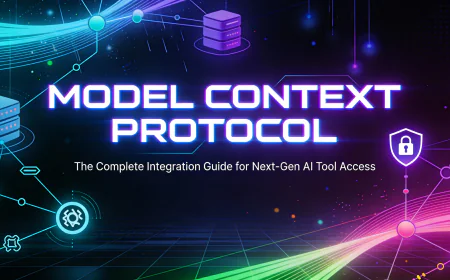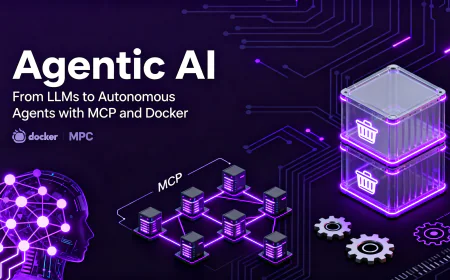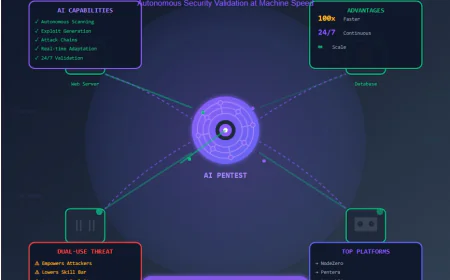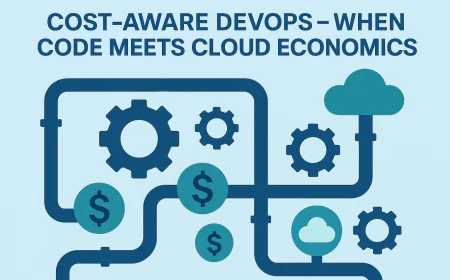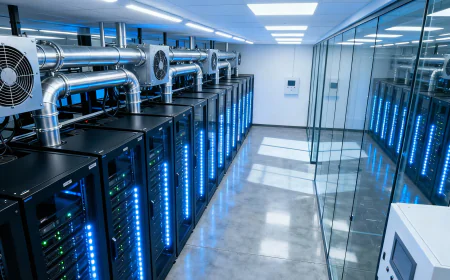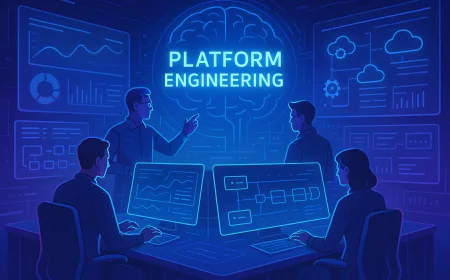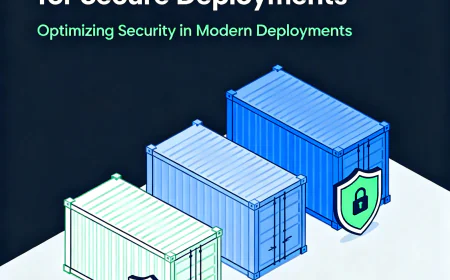The Future of AI-Driven DevOps: Intelligent Pipelines
AI is transforming DevOps pipelines like never before. Intelligent pipelines can now automatically detect failures, suggest optimizations, predict deployment risks, and even remediate issues before they impact production. From AI-powered testing and anomaly detection to predictive scaling and automated code reviews, the future of DevOps is smart, proactive, and faster. This blog explores how AI is shaping next-generation DevOps workflows, the practical benefits for engineers, and what to expect in 2025 and beyond.
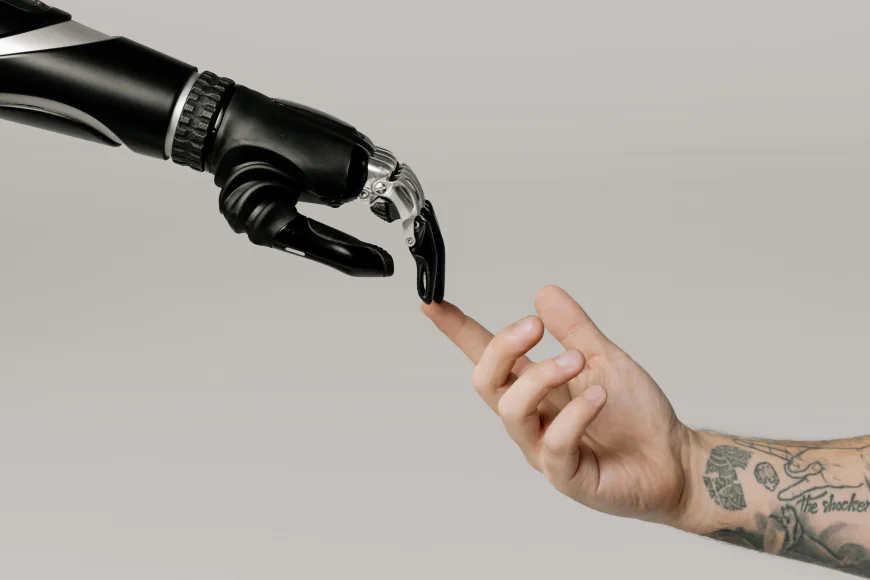
Introduction
The world of DevOps is rapidly evolving. With AI entering the mix, pipelines are no longer just automated sequences of steps; they are becoming intelligent, predictive, and self-optimizing systems. AI-driven DevOps pipelines can analyze historical data, detect anomalies, suggest optimizations, and even automatically remediate issues before they affect production. In this blog, we’ll explore how AI is transforming DevOps, practical implementations, and what engineers can expect in 2025 and beyond.
Why AI in DevOps Matters
Traditional DevOps pipelines automate repetitive tasks like builds, tests, and deployments. But even automated pipelines are reactive: issues are discovered after deployment or during tests. AI enhances DevOps in several ways:
- Predictive Issue Detection: AI models analyze historical build and deployment data to predict failures before they happen.
- Automated Remediation: Machine learning can suggest fixes or even auto-correct misconfigurations in real-time.
- Optimized Resource Usage: AI predicts peak loads and scales infrastructure proactively.
- Smarter Testing: Intelligent pipelines can prioritize test cases based on risk, coverage gaps, or past failure patterns.
- Continuous Learning: AI continuously learns from new deployments, feedback loops, and incident reports to improve pipelines.
In essence: AI makes pipelines proactive, adaptive, and faster, reducing downtime and manual intervention.
Core Components of AI-Driven DevOps Pipelines
|
Component |
AI Integration |
|
Source Code Management |
AI analyzes commit history, predicts risky changes, auto-generates test suggestions. |
|
CI/CD Orchestration |
Intelligent orchestration tools can reorder pipeline steps, allocate resources dynamically. |
|
Automated Testing |
AI selects critical tests, detects flaky tests, and recommends improvements. |
|
Monitoring & Observability |
ML models detect anomalies, unusual patterns, and potential incidents in real-time. |
|
Feedback & Learning |
Continuous feedback loop improves pipeline efficiency, deployment success rates, and security. |
Practical Examples
1. Predictive Build Failures
- Scenario: In a large microservices environment, certain changes repeatedly cause build failures.
- AI Role: Machine learning models analyze commit patterns, code complexity, and historical failures to predict risky commits.
- Benefit: Developers are warned before merging, reducing broken builds.
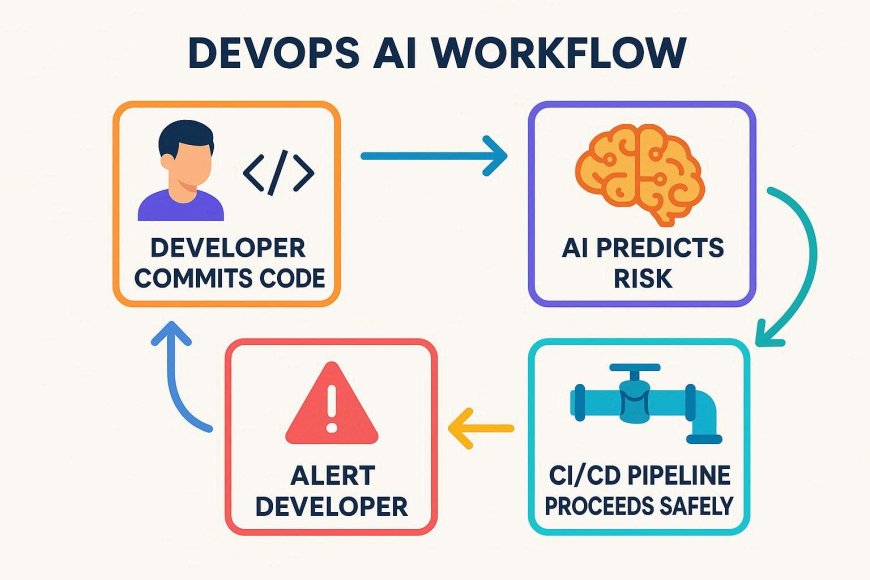
2. Intelligent Test Prioritization
- Scenario: Running the full suite of automated tests on every commit is time-consuming.
- AI Role: AI ranks test cases based on likelihood of failure, recent changes, and code coverage gaps.
- Benefit: Faster pipelines with higher probability of detecting real issues early.
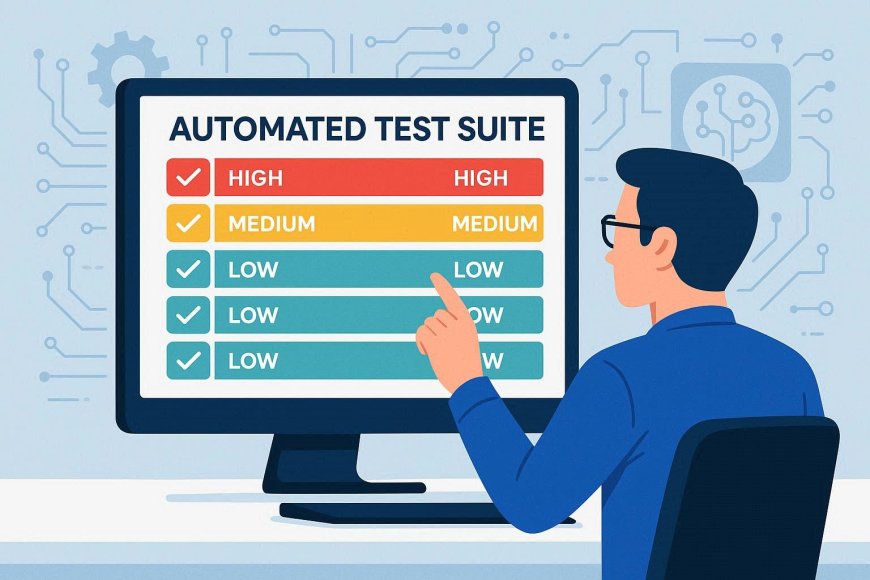
3. Automated Remediation
- Scenario: Deployment to production fails due to misconfigured environment variables or cloud resources.
- AI Role: AI detects failure patterns, cross-references known fixes, and applies auto-remediation steps (rollback, reconfiguration, patching).
- Benefit: Minimizes downtime and reduces human intervention.
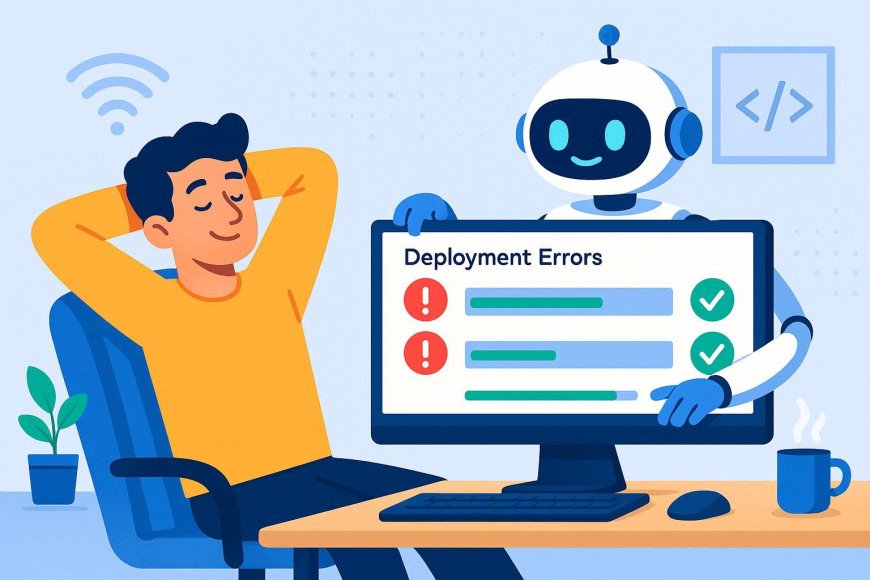
4. Predictive Scaling and Resource Optimization
- Scenario: Sudden traffic spikes overwhelm services, causing latency.
- AI Role: Predictive ML models anticipate load increases and scale cloud infrastructure proactively.
- Benefit: High availability, better performance, and optimized cloud costs.
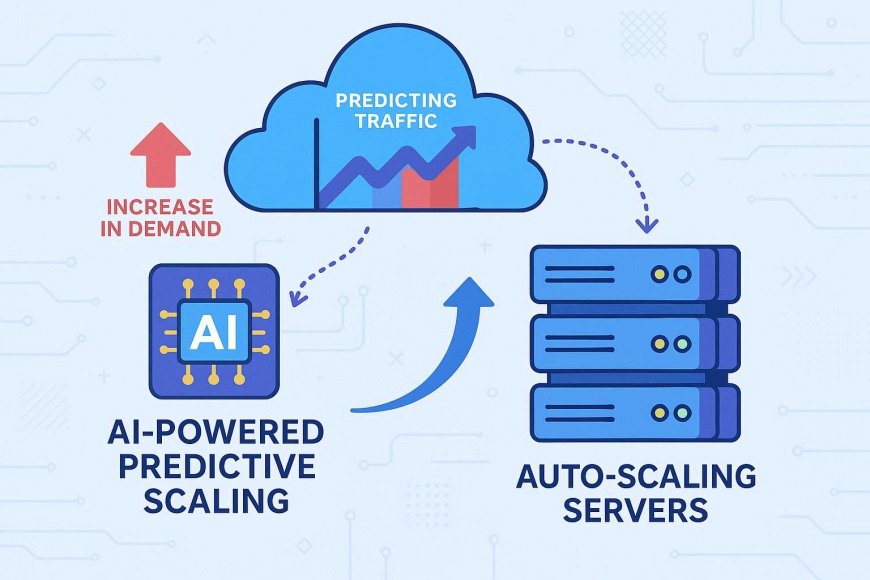
5. Security and Compliance Integration
- Scenario: DevSecOps pipelines need to catch vulnerabilities before release.
- AI Role: AI models scan code for common vulnerabilities, detect insecure configurations, and even enforce compliance checks automatically.
- Benefit: Faster, safer deployments with reduced risk of security incidents.
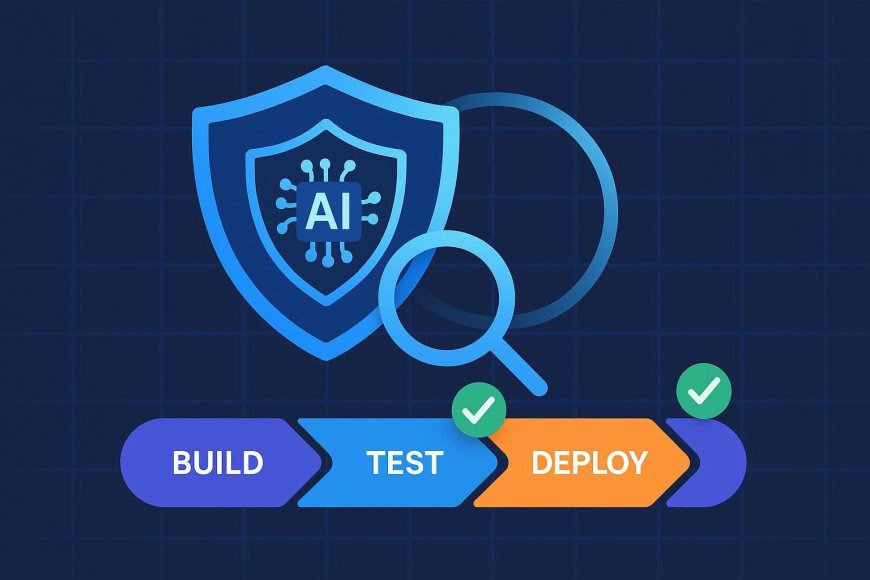
Conclusion
AI-driven DevOps pipelines are reshaping the way engineers build, deploy, and secure applications. From predictive analytics and intelligent test prioritization to automated remediation and security, AI is enabling pipelines that are faster, smarter, and safer. By 2025, the DevOps engineer’s toolkit will be heavily augmented with AI, turning reactive pipelines into proactive, self-learning, and self-optimizing systems.
